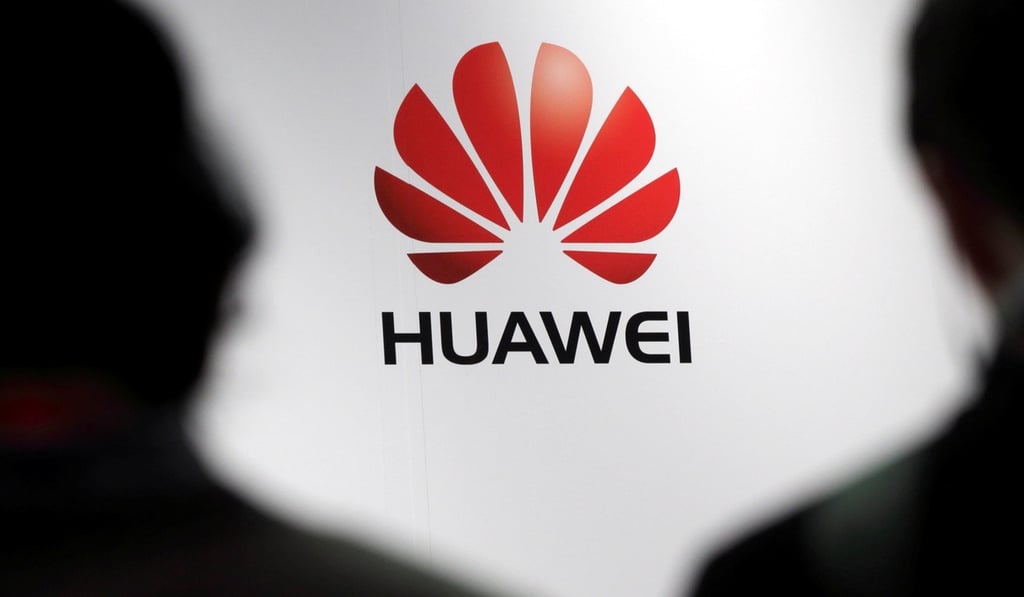Trump’s war on Huawei: time for Asia to panic? Don’t ask Google
- The American tech behemoth’s plan to block Huawei devices from Android updates has retailers fearing they will be unable to shift their stock
- But some users have put their fears on hold, saying they will wait out the US-China war

The 34-year-old runs mobile telecoms store OnePhone, and said he knew sales would plummet, so he immediately called his distributor to freeze purchases of Huawei handsets.
“I have about S$18,000 [US$13,000] worth of Huawei phones now,” Shibin said. “And I do not want to add more stock until I am sure how this Google and Huawei conflict is going to play out.”
The American tech behemoth on Monday said it would prevent Huawei devices from receiving some updates to Android – an operating system which has become a part of daily life for millions of smartphone users around the world.
The move came after the US president placed Huawei and its affiliates on a trade blacklist that restricts the company from buying services and parts from American companies without approval.
